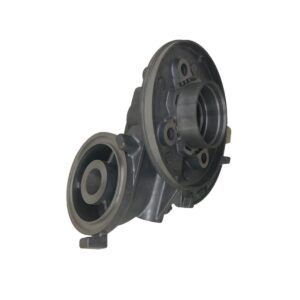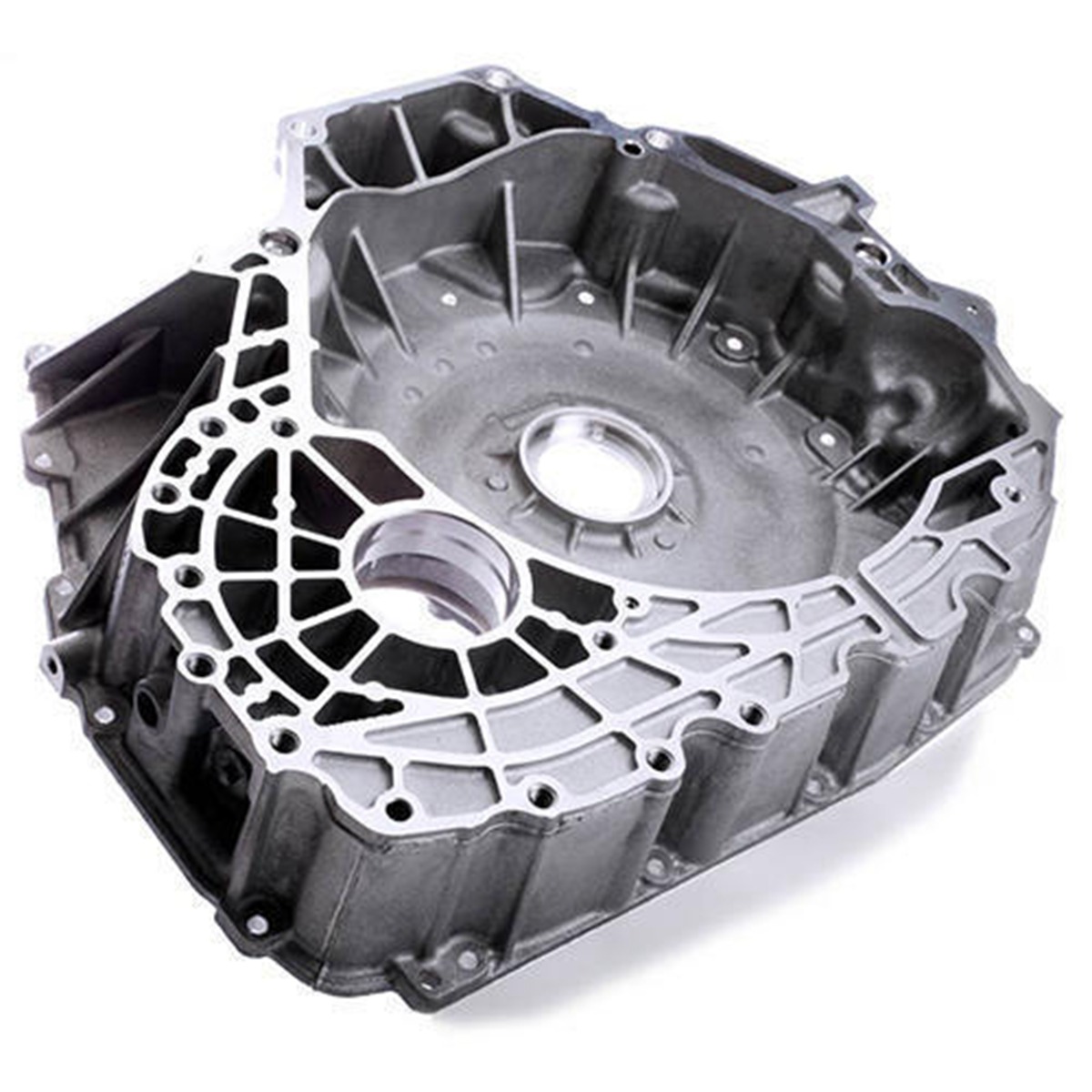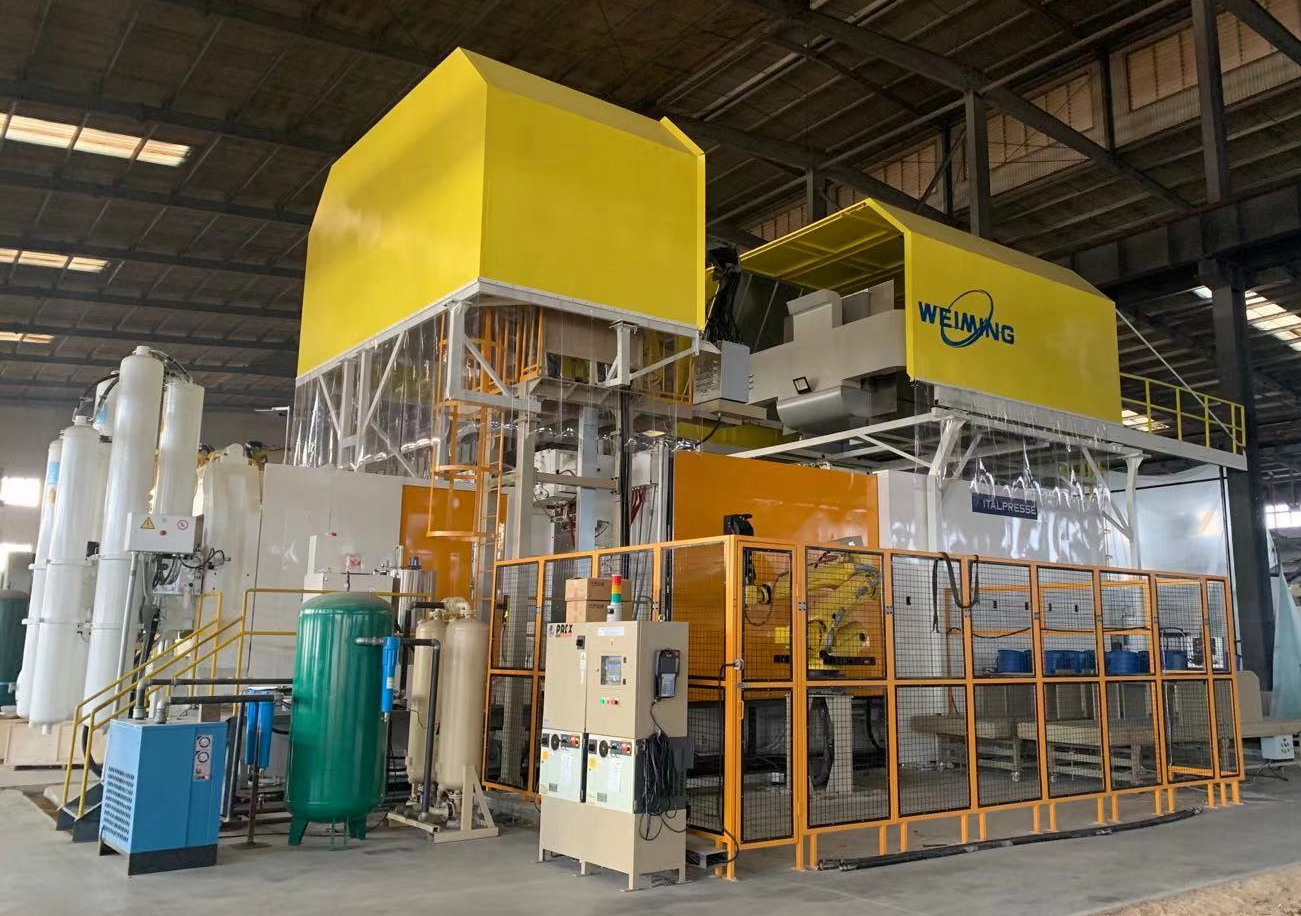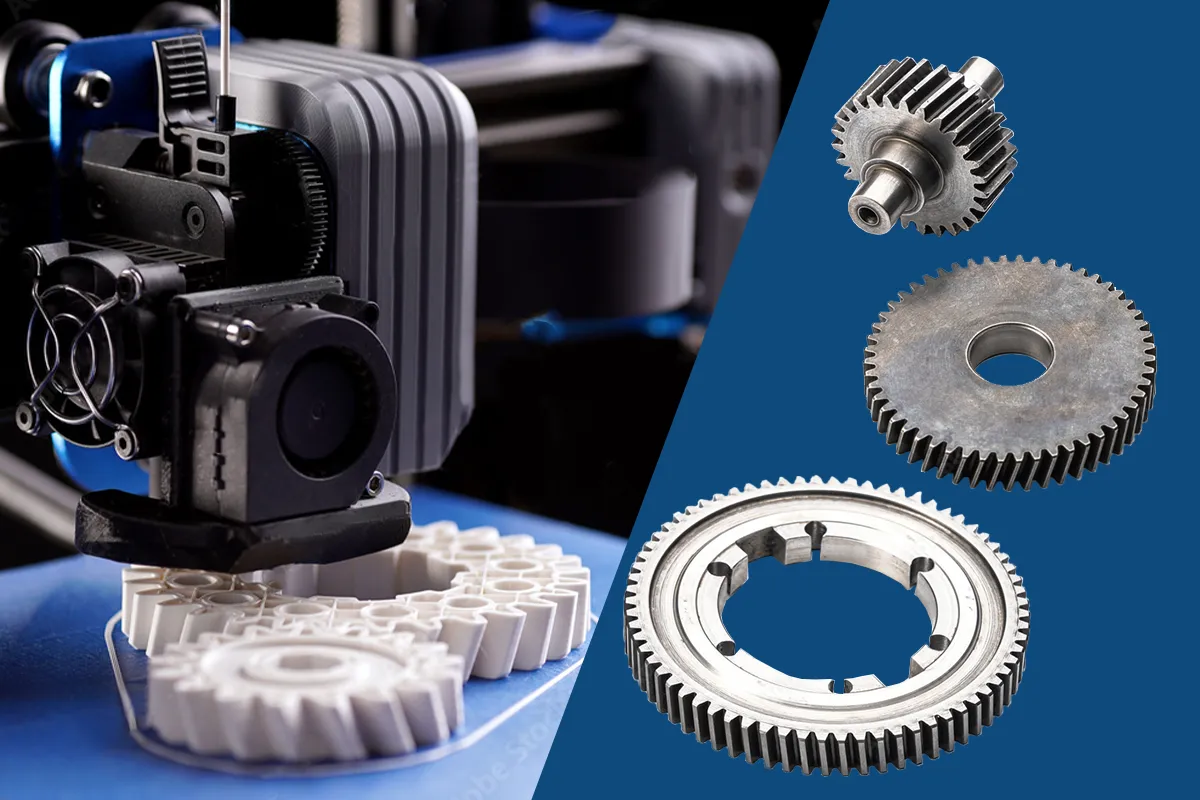
A number of materials are compatible with gravity die casting. Some of the most common are listed below:
1. Steel
Certain low-alloy steels with relatively lower melting points can be used for gravity die casting applications where specific mechanical properties are required. That being said, steel is rarely used to create die-cast parts. Instead, steel is most often used in the mold making step of the process. Steel’s elevated melting point and retention of physical properties when hot make it well-suited for casting molds.
2. Magnesium
Magnesium and magnesium-aluminum alloys are commonly used with gravity die casting due to their low density, very high strength-to-weight ratio, and excellent machinability. This results in strong components with low mass for weight-critical applications across multiple industries: automotive, sporting goods, aerospace, and more. Magnesium castings offer considerable advantages in market sectors where lightweight components are crucial, providing performance benefits in fuel consumption and acceleration. However, the intense and vigorous flammability hazard that heated magnesium presents is a huge process risk and must be carefully managed using either a flux or a nitrogen atmosphere to exclude oxygen.
3. Aluminum Alloys
Aluminum and its broad range of alloys are the most commonly exploited materials for gravity die casting due to their relatively low melting point, good fluidity when molten, relatively low cost, and favorable mechanical properties in the finished product. These make it an ideal choice for a wide range of applications. Aluminum gravity castings are extensively employed in automotive parts, aerospace structural and actuator components, consumer electronics, and industrial components.
4. Cast Irons
Cast iron is appreciated for its low raw material cost, toughness, and excellent wear resistance. It also offers good heat resistance and vibration-damping properties. It can be cast using gravity die casting, but because of its high liquefaction temperature and generally more complex casting process, it is now uncommon to die-cast it compared to other materials.
5. Copper Alloys
Copper alloys are widely used in gravity die casting, particularly for parts requiring good electrical conductivity or excellent thermal conductivity, such as bus bars, switch gear, and interconnect components in electrical systems. Copper’s high melting point and greater thermal conductivity present some challenges during the casting process, requiring careful control of the casting parameters to enable high-quality copper alloy castings to be produced consistently.
6. Zinc
Zinc and zinc alloys, such as ZAMAK, are widely used in gravity die casting due to their relatively low melting points, very low viscosity in the melt, and the naturally good surface finish they produce. Zinc castings find applications in a number of industries, including electronics, decorative hardware, and automotive/industrial components. The ability to reproduce the fine details of a mold makes zinc, especially ZAMAK alloys, a popular choice for decorative items.





